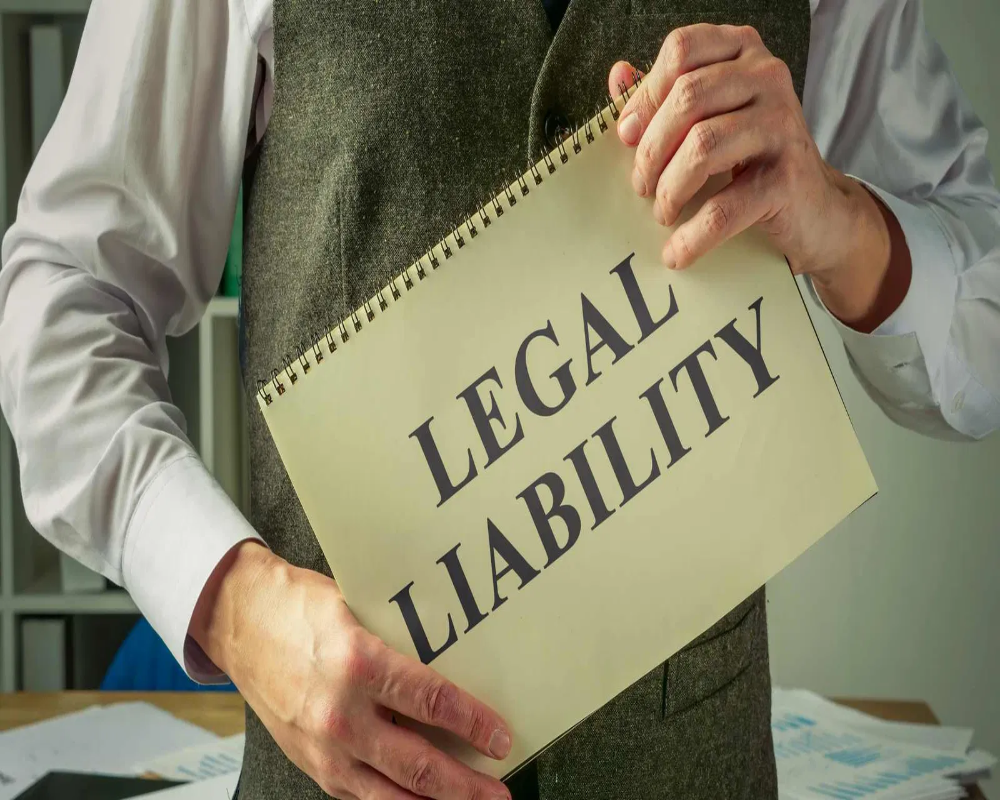Introduction
In a One Person Company (OPC), the director plays a central role in managing the company’s operations and ensuring compliance with statutory regulations. Although an OPC is typically run by a single person who may be both the sole member and the director, the legal responsibilities of the director are no less than in any other form of company. The Companies Act, 2013 outlines several obligations and liabilities to ensure that directors act in the best interest of the company, creditors, and the law. This article explores the legal liabilities of a director in an OPC, shedding light on the scope of responsibilities and the consequences of non-compliance.
Fiduciary Duty to the Company
The director of an OPC has a fiduciary responsibility to act honestly, in good faith, and in the best interests of the company. Any act of mismanagement, misuse of powers, or conflict of interest may lead to civil or criminal liability. This duty includes protecting company assets, maintaining financial integrity, and avoiding self-dealing or exploitation of company opportunities for personal gain.
Compliance with Statutory Requirements
A director is legally responsible for ensuring that the OPC complies with all applicable laws and filing obligations. These include annual filings with the Registrar of Companies (RoC), maintaining proper books of accounts, holding board meetings if applicable, and submitting audited financial statements. Failure to comply may lead to penalties, fines, or even disqualification under Section 164 of the Companies Act.
Liability for Fraud or Misrepresentation
Under Section 447 of the Companies Act, if a director is found guilty of fraud, he or she can be subjected to severe penalties including imprisonment and a fine. Fraud includes falsifying financial records, misleading shareholders or creditors, or obtaining company funds through deceit. In such cases, the concept of limited liability is lifted, and the director may be held personally liable.
Responsibility for Taxation Compliance
The director of an OPC is responsible for ensuring compliance with tax laws, including the timely filing of income tax returns, payment of advance tax, and Goods and Services Tax (GST) if applicable. Any deliberate evasion or delay may attract personal liability, including prosecution under the Income Tax Act or GST laws.
Environmental and Labor Law Obligations
If the OPC is engaged in sectors governed by environmental, labor, or industrial laws, the director is accountable for ensuring adherence to relevant statutes. Non-compliance with these laws, such as pollution control regulations or employee welfare provisions, can result in prosecution, fines, or imprisonment depending on the nature of the violation.
Liability in Case of Negligence
Directors may be held personally liable for losses caused to the company due to gross negligence, carelessness, or breach of duty. If a director fails to act diligently or ignores his legal responsibilities, he may be required to compensate the company for damages under civil proceedings.
Handling of Financial Records and Disclosure
The director is responsible for the truthful and complete disclosure of financial statements. Misstatements, concealment of liabilities, or presentation of misleading data are serious offenses. Under Section 448 of the Companies Act, willful falsification of books and records can result in imprisonment and monetary fines.
Personal Liability Under Lifting of Corporate Veil
While OPCs offer limited liability, in cases of fraudulent conduct or deliberate circumvention of law, courts may apply the doctrine of “lifting the corporate veil” and hold the director personally accountable. This is especially invoked when the company is used as a front for personal enrichment or illegal activity.
Conclusion
Being a director of a One Person Company involves considerable legal accountability. While the OPC structure offers operational flexibility and limited liability, it does not exempt the director from fulfilling statutory duties with diligence and integrity. From regulatory filings and tax compliance to ethical conduct and financial transparency, the director is legally bound to uphold the law and act in the best interest of the company. Ignorance or negligence can result in personal legal consequences, making it essential for OPC directors to be well-informed and proactive in their responsibilities.
Hashtags
#DirectorLiabilities #OPCLaw #LegalResponsibilities #CompanyDirector #OnePersonCompany #CorporateGovernance #BusinessLaw #DirectorDuties #LegalObligations #CorporateLiability #OPCLegalFramework #DirectorAccountability #BusinessCompliance #CompanyRegulations #Entrepreneurship #LegalAdvice #CorporateStructure #BusinessEthics #DirectorRisks #OPCManagement


0 Comments